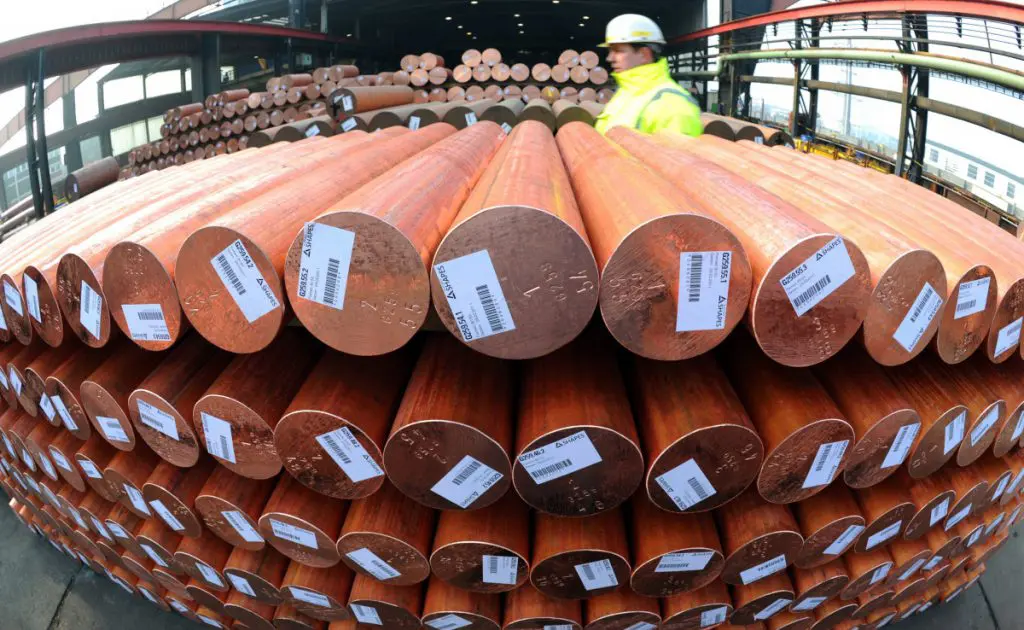Germany – With consumer electronics set to contain less and less metals but more and more substitute materials, recycling will become increasingly complex, according to Christian Coesfeld, director of metal scrap and alloys at copper recycling major Aurubis. ‘Overall, the use of copper scrap will grow, but at the same time we see a change in the quality of the material,’ he told Metal Bulletin’s copper recycling conference in Munich last week.
Coesfeld underlined the importance for copper recyclers such as Aurubis to be prepared. ‘The increase in complex materials in new electronic devices requires new and sophisticated technologies,’ he explained. ‘Smart phones, for instance, contain more than 60 different elements, many of which are toxic.’
According to Coesfeld, Aurubis is well on track to tackle these challenges. ‘As part of our impurity management programme, millions of Euros have already been invested in, among other things, installations to filter out plastics,’ he confirmed to Recycling International on the sidelines of the conference. At the company’s modern facility at Lünen in Germany, ‘a wide range’ of copper-containing products can be processed.
At the Munich conference, it was also pointed out that the declining use of copper pipes in construction is likely to be offset by the increased deployment of copper in new technologies and applications such as solar panels as well as the rapidly-growing number of data centres around the globe.
Producing some 1 million tonnes of copper cathodes per year, Aurubis claims to be the world’s biggest copper recycler. On a yearly basis, the company processes roughly 730 000 tonnes of scrap.
A full report on Metal Bulletin’s copper recycling conference will be published in the August issue of Recycling International.
Don't hesitate to contact us to share your input and ideas. Subscribe to the magazine or (free) newsletter.



